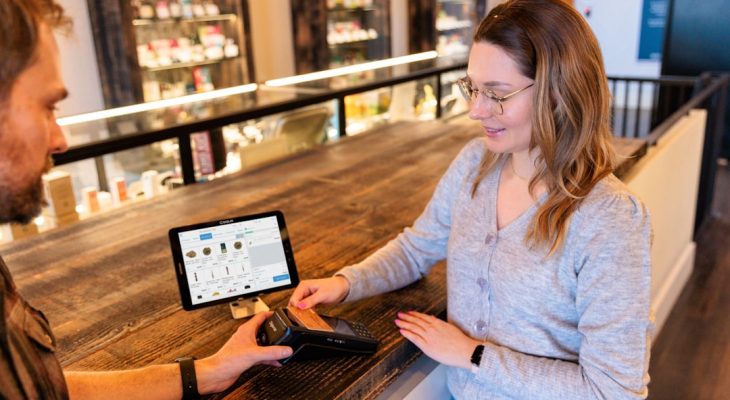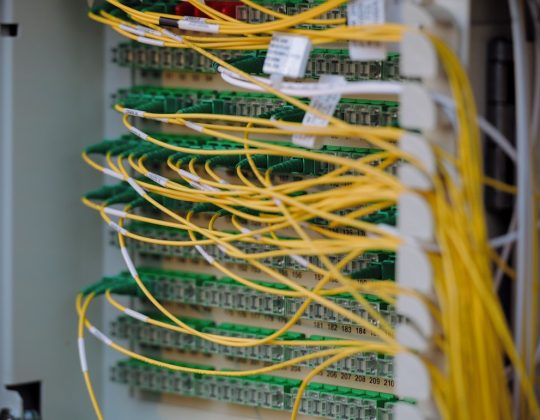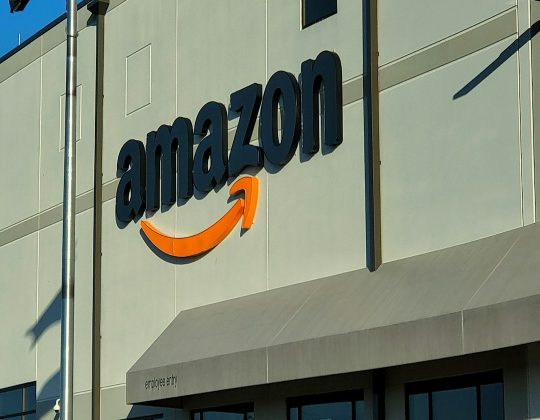In the ever-evolving landscape of tech and data-driven businesses, the acronym CDP — short for Customer Data Platform — has rapidly gained prominence. As U.S. companies increasingly rely on structured customer data for personalized marketing, streamlined sales strategies, and enhanced customer experiences, CDPs have become indispensable across industries. But for job seekers in 2025, what does it really mean to be a CDP employee?
This comprehensive guide will explore the roles, responsibilities, skills, and workplace culture that define careers in the CDP space. From job titles to benefits, long-term career paths to FAQs, this is everything candidates need to know before stepping into a CDP role in the United States.
Understanding CDP: More Than Just a Buzzword
A Customer Data Platform is a type of software that consolidates customer information from various sources into a centralized database. The goal is to create a single, unified view of each customer, which can then be used by marketing, service, and sales teams to deliver seamless and personalized experiences.
Working in a CDP organization does not necessarily mean working on the software itself. CDP companies need individuals across a variety of departments — including data science, sales, engineering, customer success, product management, and operations — to successfully create and maintain effective platforms.

Common Job Titles and Roles in CDP Companies
A CDP-focused business typically offers several types of employment opportunities. Here’s a breakdown of some of the most common roles:
- Data Engineer: Builds data pipelines that collect, clean, and bring together customer data from multiple systems.
- Data Analyst: Analyzes customer data to uncover behavioral insights and pattern trends.
- Solutions Architect: Designs technical solutions to integrate the CDP with a customer’s existing systems.
- Product Manager: Oversees the development and roadmap of the CDP features and functionality.
- Customer Success Manager: Works directly with clients to ensure their business goals are met using the CDP platform.
- Sales Executive: Educates prospective clients about the platform and secures contracts and deals.
- Marketing Specialist: Uses the CDP internally to create, test, and optimize campaigns for the company itself.
- AI/ML Specialist: Incorporates artificial intelligence and machine learning into the system for predictive analytics and automation.
Key Skills Required for CDP Careers
Each role demands unique qualifications, but many successful CDP employees share a common skill set. Employers generally look for candidates with:
- Strong data literacy: Ability to interpret and manipulate data from multiple sources.
- Technical proficiency: Proficiency in SQL, Python, or R for data-related roles; JavaScript, React, or backend languages for development roles.
- Business acumen: Understanding of how customer insights drive business outcomes.
- Experience with cloud platforms: Familiarity with AWS, Azure, or Google Cloud is increasingly important.
- Good communication skills: Ability to translate complex data insights for non-technical stakeholders.
What It’s Like to Work in a CDP Company
In 2025, CDP companies fall under the broader SaaS (Software as a Service) category, which is known for its fast-paced, innovation-driven culture. Employees are typically exposed to emerging technologies and given major responsibilities early in their careers. Here’s what you can generally expect:
- Remote-first work environment: Most CDP companies offer full or partial remote work, along with flexible hours.
- Agile methodologies: Frequent product iterations, short feedback loops, and constant experimentation are standard.
- Cross-functional teams: Engineers, marketers, PMs, and sales reps often work closely to solve complex challenges.
- Commitment to innovation: Employees are encouraged to experiment and propose features, processes, or integrations.

Salaries and Compensation Trends
Salaries in CDP roles are competitive, reflecting the specialized knowledge and technical skills required. In 2025, median salaries include:
- Data Engineer: $120,000–$150,000
- Product Manager: $115,000–$145,000
- Customer Success Manager: $90,000–$115,000 (plus bonuses)
- Sales Executive: $80,000 base + commissions ($150,000+ OTE)
- Software Engineer: $110,000–$160,000
Benefits often include stock options, unlimited PTO, tech stipends, health insurance, wellness programs, and continuing education allowances.
Industries Hiring CDP Professionals in 2025
While CDP companies themselves are often SaaS providers, businesses across multiple sectors are increasingly looking to build internal customer data platforms or integrate third-party ones. Industries with high demand for CDP professionals include:
- E-commerce and Retail
- Healthcare and Life Sciences
- Financial Services and Fintech
- Media and Entertainment
- Telecommunications
- Travel and Hospitality
Becoming a CDP Employee: How to Get Started
If you’re interested in a CDP career, here are a few actionable steps U.S. job seekers should take:
- Get certified: Training platforms like Coursera and LinkedIn Learning offer relevant certifications in data analytics, customer experience, and digital marketing.
- Network strategically: Join forums, attend tech conferences, and interact with professionals working in CDP roles on platforms like LinkedIn or GitHub.
- Build projects: Demonstrate your ability through personal or open-source projects that showcase how you can capture and analyze customer data.
- Watch job boards: Keep an eye on roles labeled under “Customer Data Platform,” “Data Product,” or “Marketing Technology.”
Career Growth and the Future of CDP Jobs
The need for skilled professionals in the CDP field shows no sign of slowing. As companies prioritize data-first strategies, CDP employees will be front and center in driving business outcomes. Over time, many professionals move on to positions such as:
- Director of Data Strategy
- VP of Customer Experience
- Chief Data Officer (CDO)
- Senior Architect of MarTech Solutions
The trend toward leveraging AI and predictive analytics within CDPs also creates opportunities for advancement in machine learning-related roles and strategic decision-making positions.
Frequently Asked Questions (FAQ)
- What exactly does a CDP do?
- A CDP collects, cleans, and unifies customer data from different systems to create a single customer view that businesses can use for personalized marketing, analysis, and improved customer experiences.
- Do I need a technical background to work at a CDP company?
- Not necessarily. While technical roles require coding or data experience, there are also opportunities in account management, sales, marketing, HR, and product support.
- Is remote work common in CDP jobs?
- Yes, many CDP companies are remote-first or offer hybrid working environments. Flexibility is a key benefit in this space.
- Are there entry-level positions in the CDP space?
- Absolutely. CDP companies often offer internships, apprenticeships, and junior-level roles for graduates or career switchers with foundational training.
- What industries use CDPs the most?
- Retail, finance, healthcare, and media are among the top industries embracing CDP technologies to drive personalization and customer engagement.
In conclusion, being a CDP employee in 2025 means being on the cutting edge of marketing technology, data science, and customer experience. Whether you’re launching your career or making a strategic shift from another field, the CDP sector offers a compelling blend of growth, innovation, and impact.








